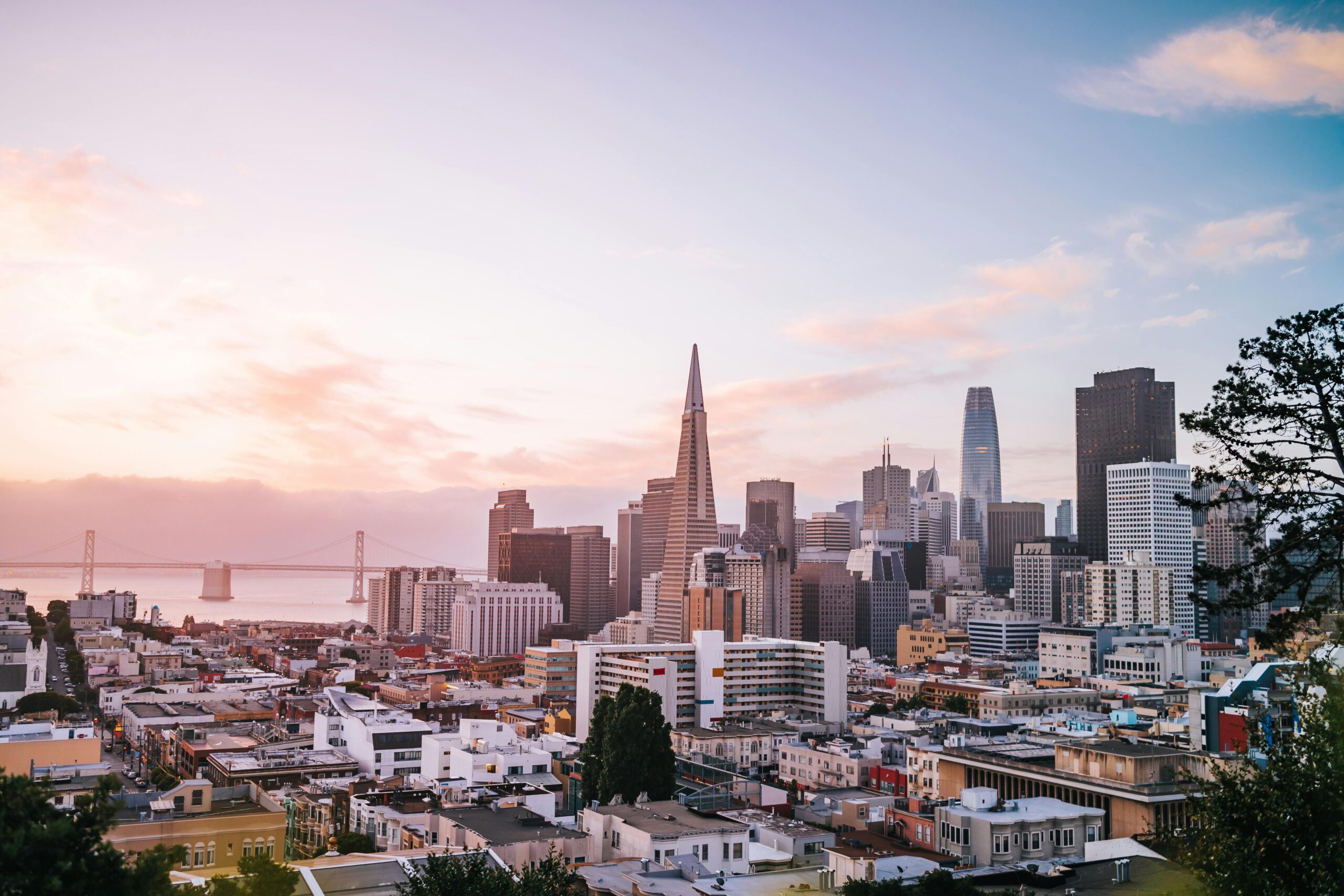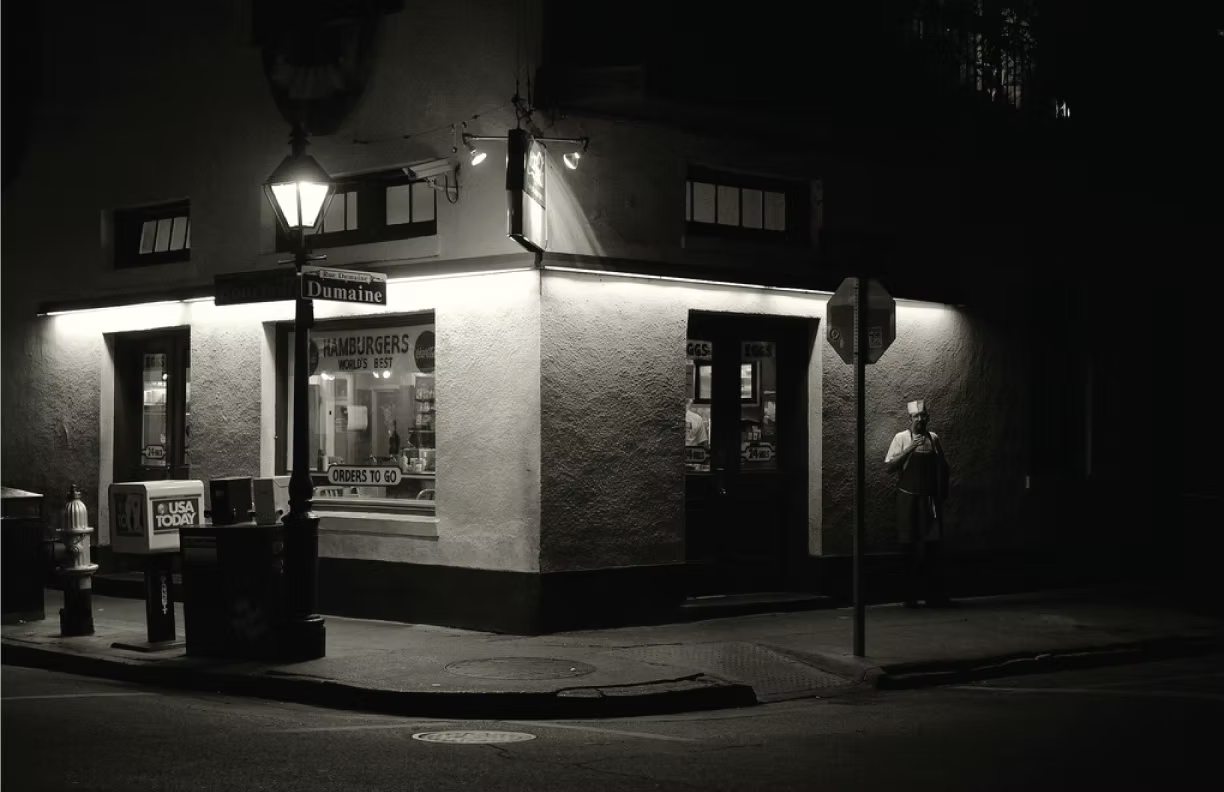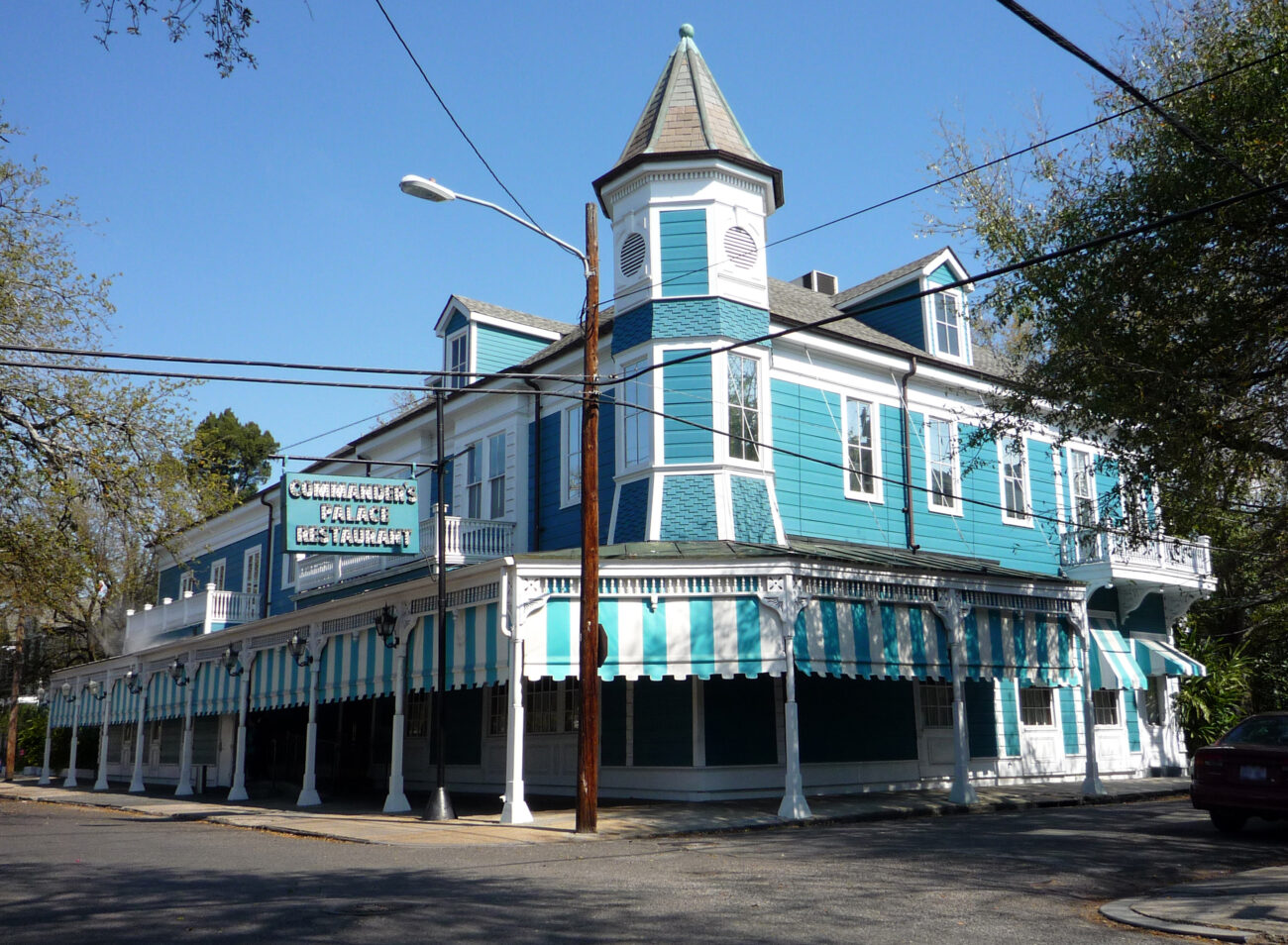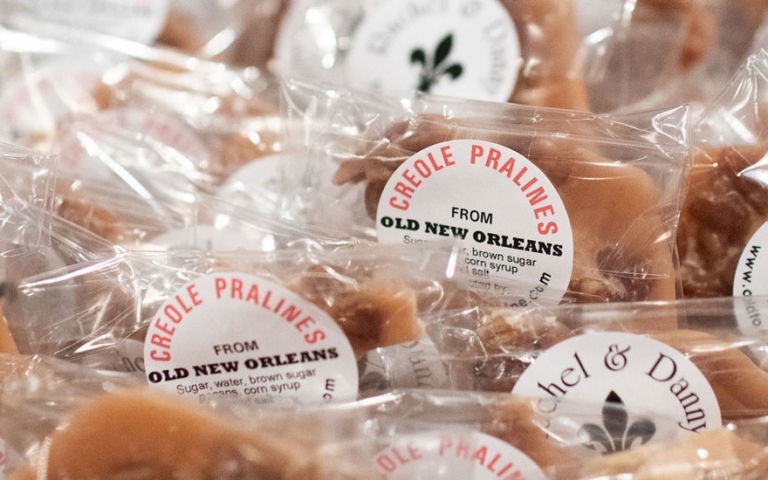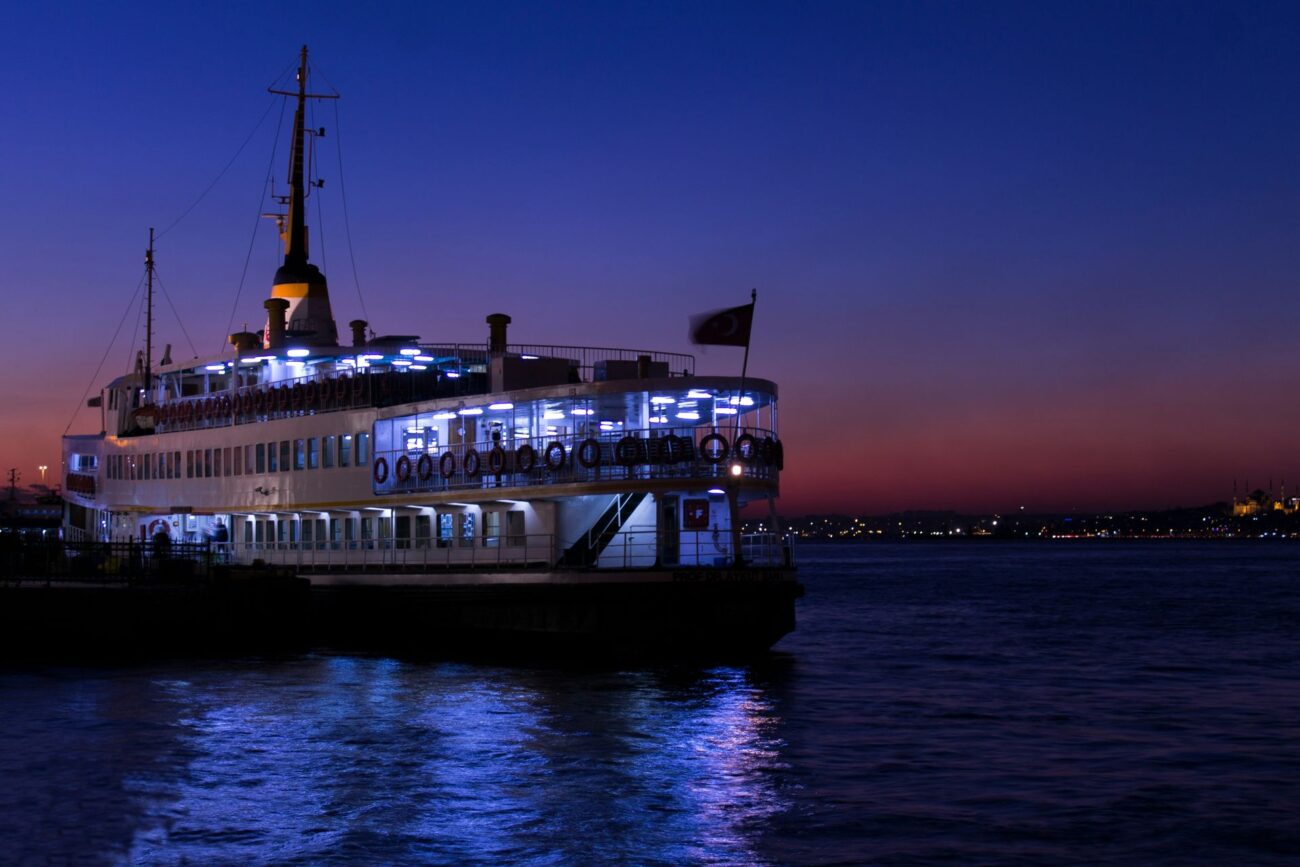Servers huddle around tablets, scrolling through Instagram feeds and Facebook profiles. This isn’t social media browsing—it’s research. Bay Area’s most prestigious restaurants have transformed guest preparation into digital detective work, mining social platforms for clues about tonight’s diners.
Digital Hospitality Meets Silicon Valley Precision
Behind closed kitchen doors, guest relations teams compile comprehensive profiles from publicly available information. Staff members receive guest briefings complete with conversation starters and personalized service recommendations gleaned from posts about recent travels, professional milestones, and dining preferences.
Restaurants create internal databases linking reservation details with social media insights, dietary preferences from food posts, and personality traits inferred from online behavior. Teams coordinate service elements based on digital discoveries—pairing guests with servers who share common backgrounds identified through LinkedIn profiles.
“We’re treating every guest like they’re dining with friends who already know their story.”
The Fine Line Between Thoughtful and Invasive
Reactions among diners split sharply between delight and discomfort. Some guests describe feeling genuinely seen when servers reference their recent travels without prompting. Others report unease discovering their public posts influenced table placement and wine selections.
This hyper-personalization reflects broader Silicon Valley values infiltrating hospitality culture. The research remains limited to publicly accessible content—private messages, restricted posts, and personal contact information stay off-limits.
Social media research helps restaurants identify influential food bloggers and Instagram personalities, allowing staff to calibrate service intensity for guests whose reviews can impact reservation demand for months.
Where Premium Service Meets Privacy Boundaries
The trend signals a fundamental shift in luxury hospitality expectations. Guests increasingly expect restaurants to remember preferences, anticipate needs, and create Instagram-worthy moments that feel spontaneous yet perfectly orchestrated.
Current practices operate within legal boundaries, focusing exclusively on information users have made publicly available. Restaurants cannot access private accounts, direct messages, or personal data beyond public profiles and posts.
Whether this represents hospitality evolution or overreach depends largely on guest expectations around digital privacy. For restaurants competing in the ultra-premium space, the practice appears here to stay, transforming every meal into a carefully choreographed performance based on who guests are online.


